5 Ways to Ease the Stress of Older Adult Caregiving

If you have older family or friends who need a helping hand, you may be the one who comes to their rescue. Turns out, there are lots of kindhearted people just like you: Some 53 million Americans provide informal or unpaid care for loved ones who have disabilities.1 And the number of caregivers is expected […]
What Mental Health Has to Do with the ‘Great Resignation’

The pandemic years have caused Americans to rethink their work-life balance in a big way. More than 4.2 million workers quit their jobs in January 2022,1 and the “Great Resignation” still seems to be charging ahead. One study found that more than a quarter of those responding to the study quit without lining up a […]
8 Tips to Help Your Child After a Depression Diagnosis

While medication isn’t the only treatment for depression, pharmacogenetic testing can help guide clinicians on the appropriate prescription for your child.
Parent Guide: How to Improve Focus in Kids

Learn how to recognize issues of focus and attention in youth and adolescents and find out how parents can help improve concentration in children.
Co-Occurring Conditions that Affect Depression Treatment

Anxiety, panic disorder & PTSD are common comorbid psychiatric disorders of major depressive disorder. Co-occurring conditions affect depression treatment.
7 Questions to Ask to Get the Most Out of Your Mental Health Treatment

Taking medication for your mental health can be overwhelming. Here are the questions you can ask to become more knowledgeable about treatment options.
BDNF & Stress Response: What’s There to Know?

Learn how BDNF can impact stress response & how genetic testing for mental health behavioral traits can help you take action to manage reactions to stress.
DNA and Mental Health: A Journey to Understand Genetic Variants
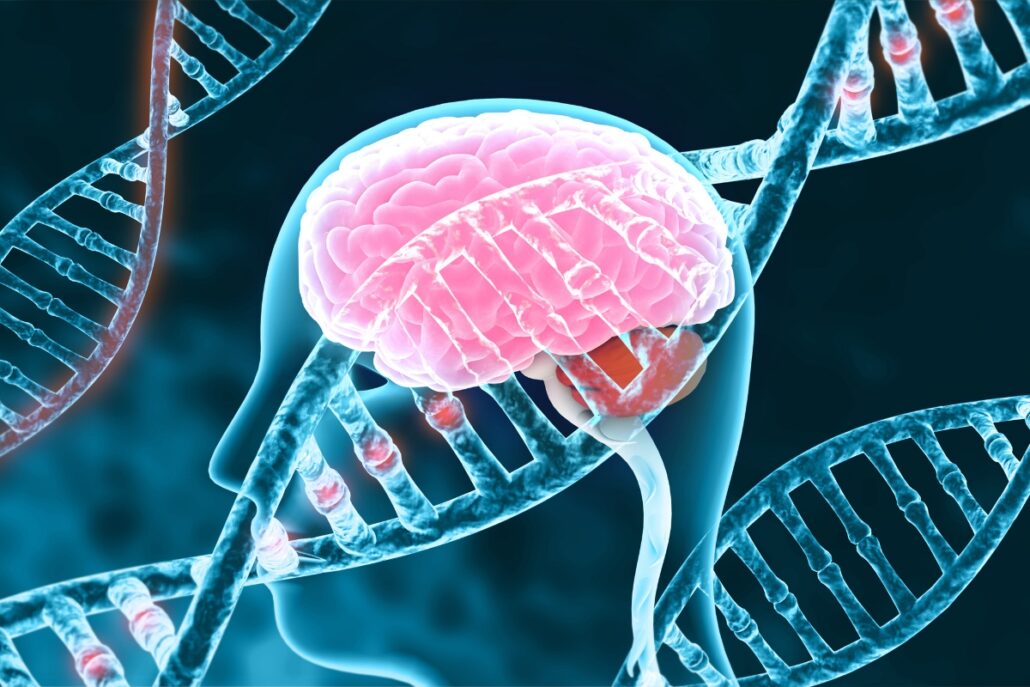
Genetic variants in DNA can affect both behavioral & physical traits. Discover why DNA and mental health research is so far behind physical genetic science
Athletes in the Olympics and Mental Health

Elite athletes seek support and protection for their mental health. Burnout, stressful press conferences, and high-pressure competitions can take a toll.
SLC6A4 & Your Immediate Response to Stress: What You Should Know
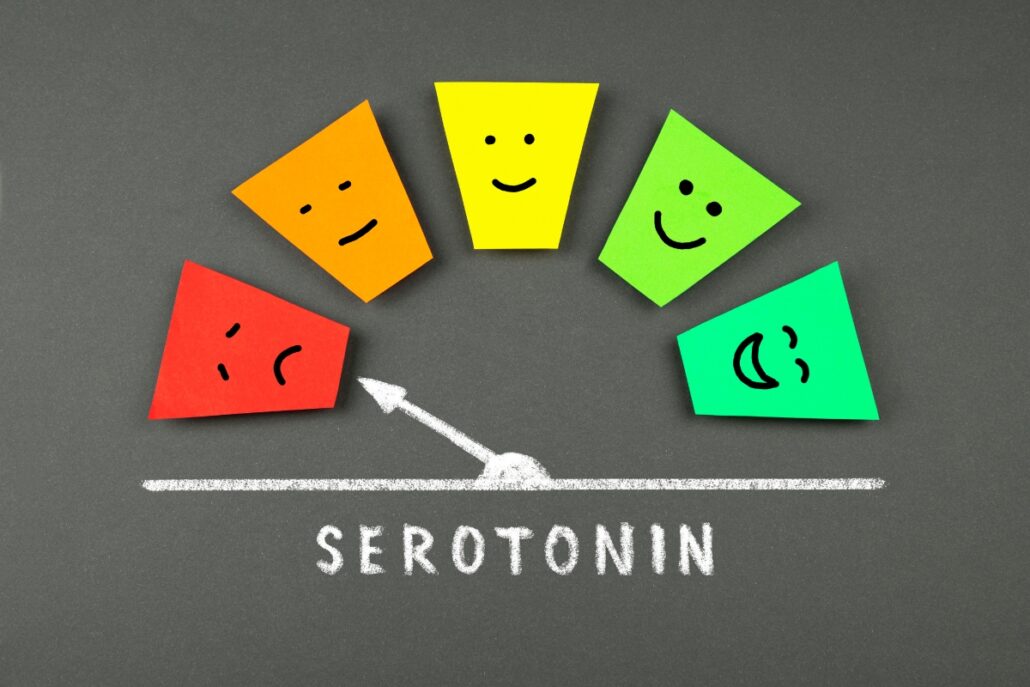
SLC6A4 gene mutation is implicated in acute stress reactivity and response to antidepressants. Learn more about the role of genetic testing for medication.
The Connection Between MTHFR and Mental Health
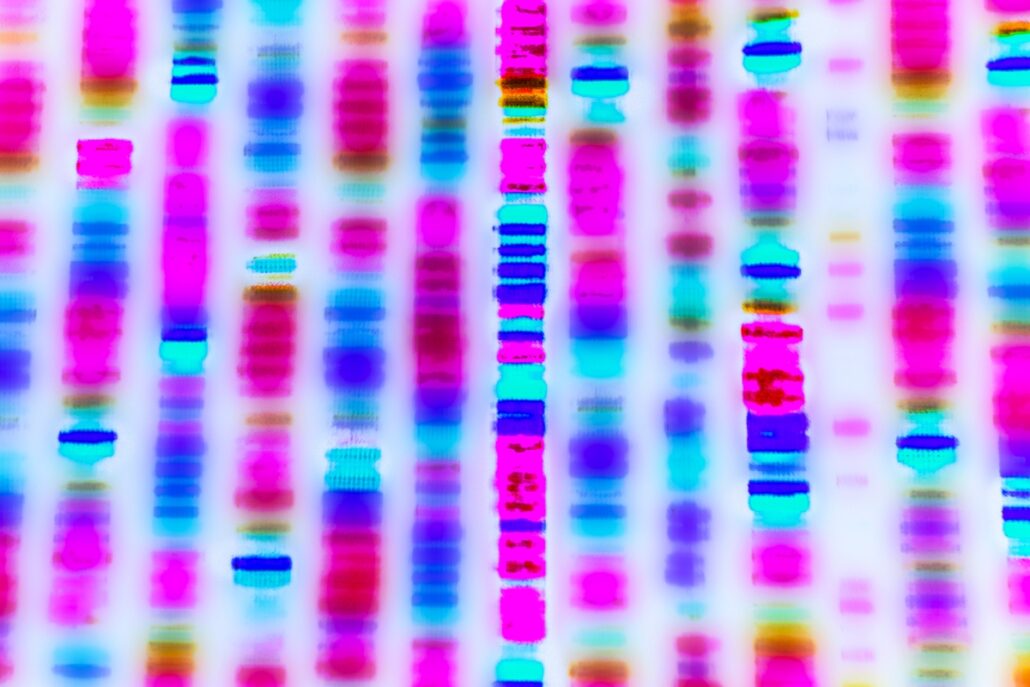
MTHFR gene variants affect vitamin B9 metabolism, reduce methylfolate and are associated with low mood. Understanding MTHFR can help mental health.
Anxiety Vs. Depression: Understanding the Differences

Depression and anxiety, two of the most common mental illnesses, often occur together. Learn about the differences and similarities in these conditions.
Understanding Anxiety Disorders in Men

Find out how anxiety affects men differently and how genetic testing for anxiety medication may help personalize treatment.
What Can Your Genes Tell You About Medication Tolerability or Response?
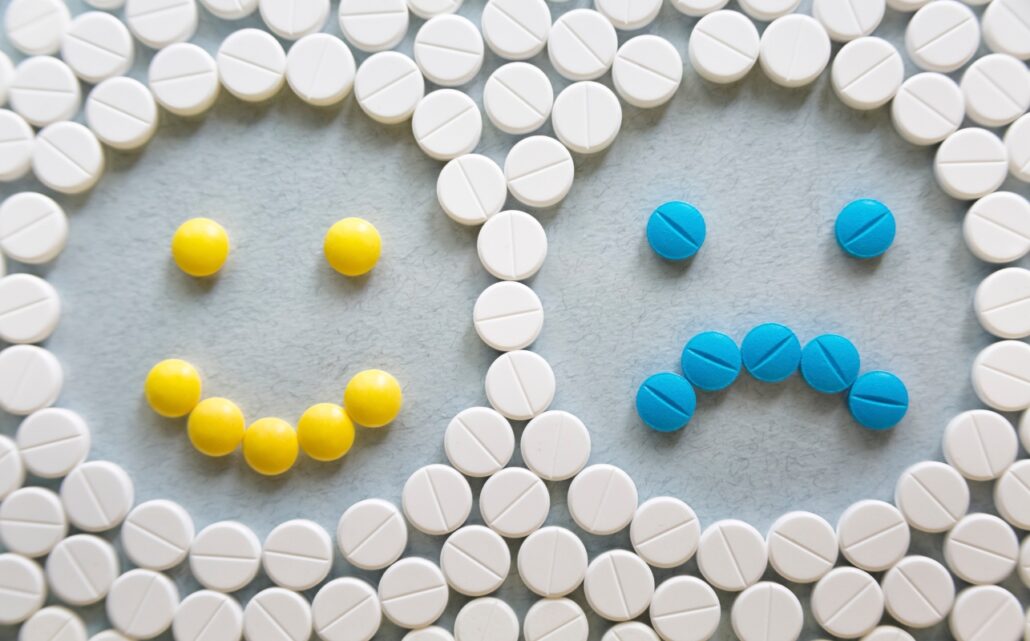
Learn how genetics can affect your response and tolerability to drugs and how pharmacogenetic testing can provide valuable insights for your prescription.
Men’s Mental Health Stigma: Why We Need to Talk About It

Learn about common stigmas of mental health for men and how being aware of genetic predispositions may play an important part in getting the help men need.
Mentally Preparing for Post-COVID Life

The psychological impact of COVID-19 can include increased stress and anxiety. Discover some tips for life after lockdown that can help you move forward.
Maternal Mental Health: What to Expect & Tools to Manage

Mental health often takes a back seat for mothers-to-be. Learn about peripartum mental health and things you can do to feel better.
Navigating Antidepressants: Types, How They Work & What to Expect

Genetic testing for antidepressants can help providers find types of antidepressants that may be more likely to provide effective treatment for depression.
Bipolar Disorder Treatment and Pharmacogenetic Testing

Learn what to know about bipolar disorder treatments and how genetic testing for medications can help guide these options.
What Is Treatment Resistant Depression?

Not all treatments for depression work on everyone. Learn about treatment-resistant depression causes, criteria and treatment options.
Psychiatrist Vs. Psychologist: What is the Difference Between Mental Health Providers?
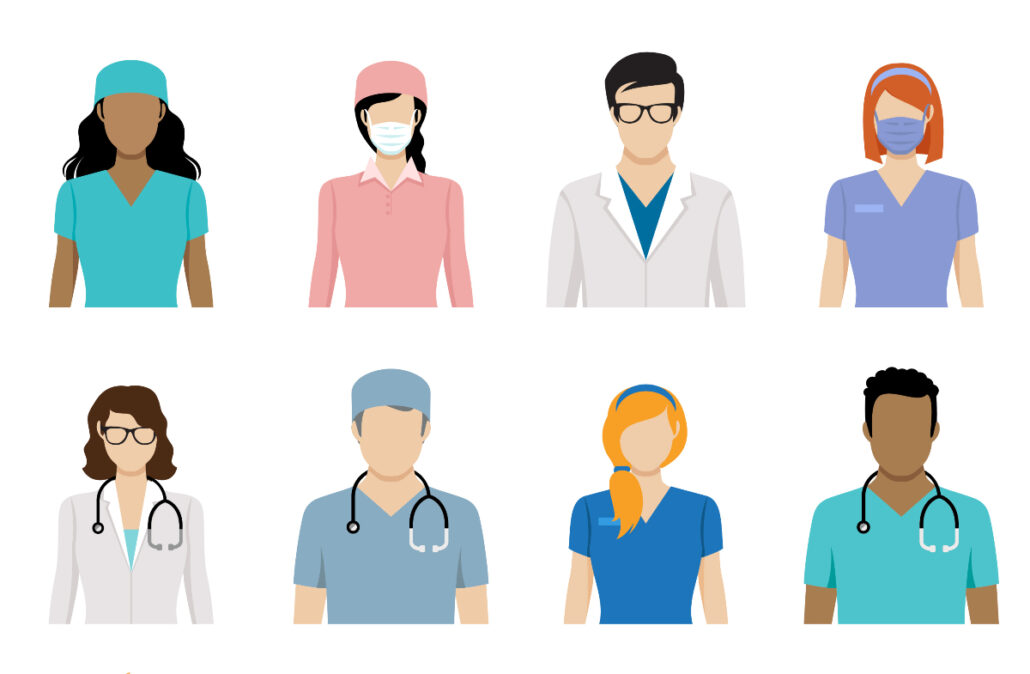
Psychiatrists and psychologists provide specialized treatment for mental health conditions. Learn the differences and similarities between these and other clinicians.
Is Drug and Alcohol Addiction Genetic?

Find out how your genotype and family history can play a part in addiction, and how genetic testing can help with treatment.
Anxiety So Bad You Can’t Sleep? What To Do

Learn the ways anxiety affects your mental health, the relationship between mental health and sleep, and how to get better rest each night.
A Guide to Adult ADHD

Are you dealing with the symptoms of adult ADHD? Learn more about adult ADHD, appropriate treatments, and genetic testing for ADHD medications.
5 Factors That Can Cause A Decrease In Medication Effectiveness

The effectiveness of medication rests on more than just taking it correctly. Your genetics, lifestyle, and diet can impact medications more than you realize.
Sleep and Its Effects On Your Body and Mind

Not getting enough sleep can affect your body and mind. Sleeplessness and mental health are closely linked, and poor sleep can increase your risk of depression or anxiety.
The Social Media Dilemma: How Children’s Mental Health May Be Affected

Discover the positive and negative effects of social media on mental health in children of all ages and find tips on modifying social media use.
Considering Eating Disorders as Psychiatric Disorders

Eating disorders are psychiatric disorders that often coexist with other mental health difficulties such as anxiety, depression, OCD, and substance abuse.
How To Become a Mental Health Advocate

Stigma is an obstacle for many people with mental health issues. But awareness is growing. Mental health advocates have been at the heart of this change.
Dear Mom: A Story of a Family’s Mental Health Journey

Genomind’s Dear Mom brand-driven video ad campaign ranked in top 5 most-viewed wellness spots in December 2020 by Ad Age and AcuityAds.
